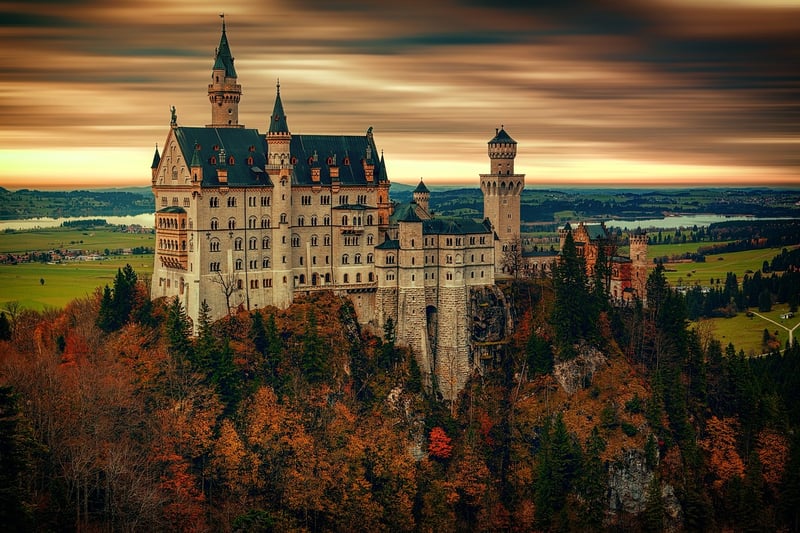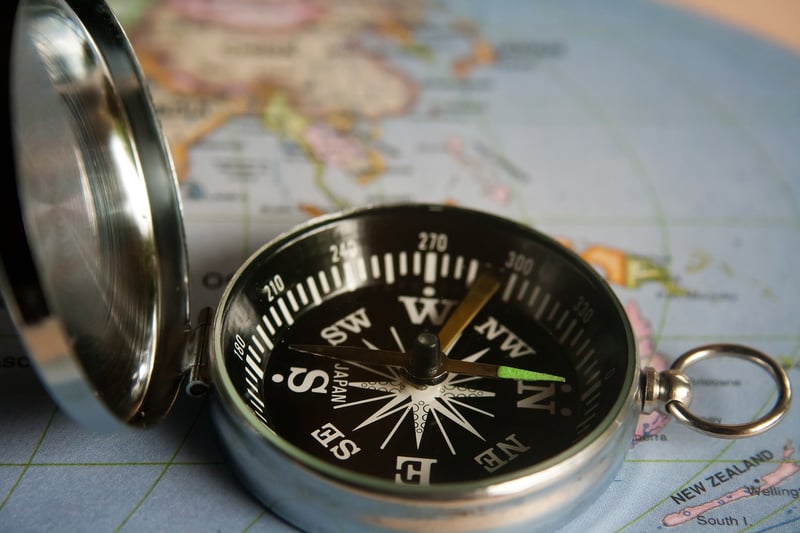Future Exploration
Exploring Time Periods and Future Exploration
Introduction
Time, a concept that has intrigued humans for centuries, has witnessed the rise and fall of civilizations, the evolution of technology, and the exploration of space. In this article, we delve into various time periods and glimpse into the future of exploration.
Ancient Civilizations
Ancient civilizations such as the Egyptians, Greeks, and Romans left behind a legacy that continues to fascinate us today. Their innovative architecture, art, and governance systems provide valuable insights into human history and culture.

The Middle Ages
The Middle Ages, characterized by feudalism and religious influence, saw the construction of majestic castles, the rise of chivalry, and significant advancements in agriculture. This period laid the groundwork for the Renaissance.

The Age of Exploration
The Age of Exploration marked a period of global discovery as explorers like Christopher Columbus, Vasco da Gama, and Ferdinand Magellan navigated the seas to find new trade routes and territories. This era reshaped world maps and cultures.

Modern Times
From the Industrial Revolution to the Information Age, modern times have witnessed rapid technological advancements, scientific discoveries, and globalization. The world has become more interconnected than ever before.

Future Exploration
As we look towards the future, space exploration holds immense promise. From Mars colonization to interstellar travel, humanity is on the cusp of venturing into the unknown realms of outer space. Advancements in AI, robotics, and sustainability are shaping the future of exploration.

Conclusion
Exploring time periods allows us to appreciate the past, learn from historical achievements and mistakes, and envision a future filled with endless possibilities. The journey of exploration, both in the realms of history and beyond, continues to captivate our imagination and drive human progress.
